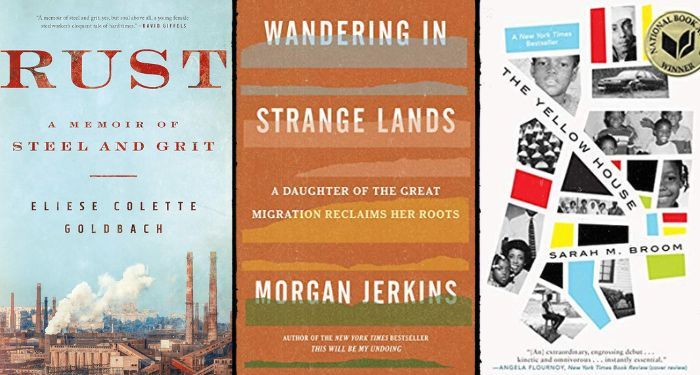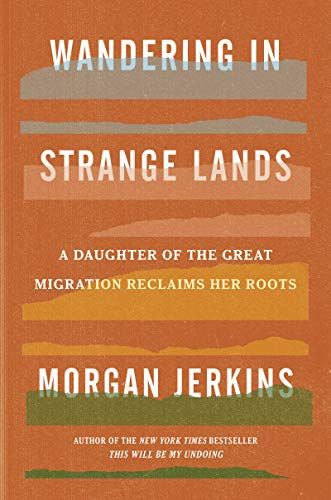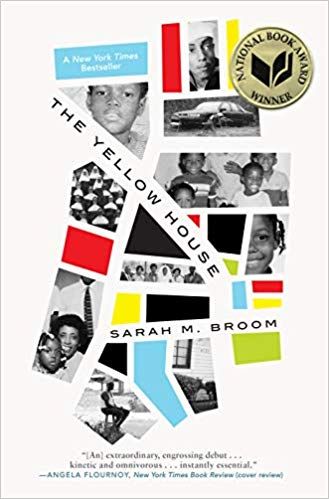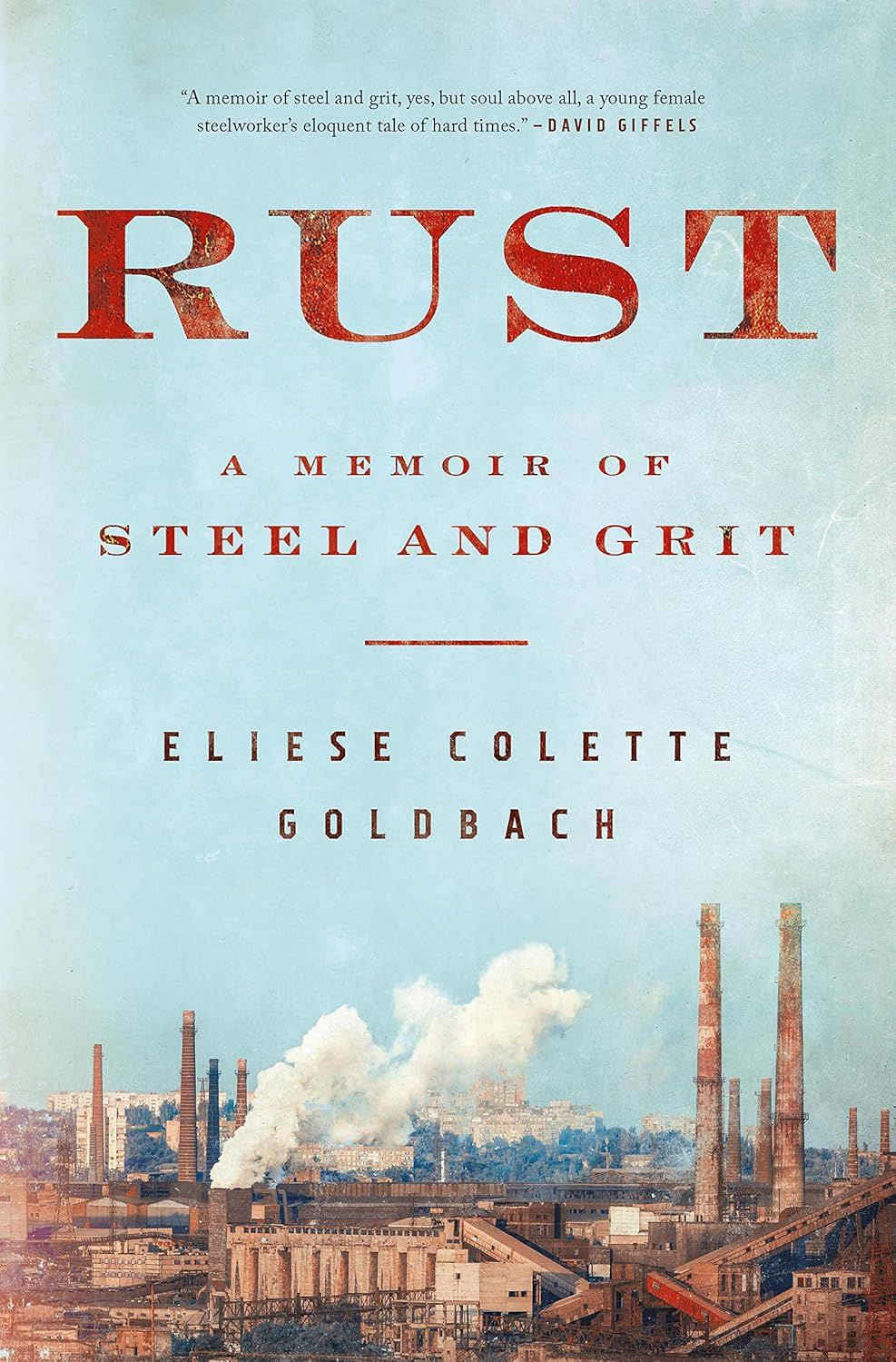
True Stories of Place
I moved to the South at 18, and ever since, I’ve fallen in love with the idea of “place” in literature. It started out as learning more about the role the South, almost as a character itself, plays in Southern literature. From there, I started examining how other types of literature play a role in the books that I read. So today we’re looking at memoirs where place plays a huge role in the telling of these writers’ stories.

Wandering in Strange Lands: A Daughter of the Great Migration Reclaims Her Roots by Morgan Jerkins
Morgan Jerkins follows her ancestry by visiting different places around the country where her family is from and where they made their home. I love the way that Jerkins takes readers along on her journey, giving readers a front-row seat to her mental process as she learns new things about her ancestors. She visits places across the South, including South Carolina, Georgia, and Louisiana. In each new place, she explores the history of her ancestors in that location, and she discovers both good and bad things about her family’s history. I feel like her writing is so intimate as she shares the many feelings she works through. This book is perfect for road trips or to travel the country through reading Jerkins’ story.

The Yellow House by Sarah M. Broom
In 2019, Sarah M. Broom won the National Book Award for The Yellow House, which follows the story of her family and their connection to New Orleans. She describes her family’s history through the Yellow House, the childhood home that her mother owned for decades. We learn about Broom’s family history and the history of New Orleans. Her writing is vibrant and engrossing. You come to love her family and the Yellow House. This book is such a beautiful work of nonfiction, and I can’t recommend it enough.

Rust: A Memoir of Steel and Grit by Eliese Colette Goldbach
After Goldbach experiences a mental health crisis, she isn’t able to finish the last step of her graduate work. Instead, she gets a job at the local steel mill, writing down her experiences and the complex and very dangerous work she does every day. Goldbach examines the realities of being paid very well for a job that is such high risk. She’s able to capture the blurry borders of being a person in academia from a working class background. Are the loads of college debt, years of study, and poor job prospects worth it? How does the prejudice of “blue-collar jobs” impact her decision? Goldbach does an excellent job of balancing out all of these different questions while weaving in her own story.
You can find me over on my substack Winchester Ave, over on Instagram @kdwinchester, on TikTok @kendrawinchester, or on my podcast Read Appalachia. As always, feel free to drop me a line at kendra.d.winchester@gmail.com. For even MORE bookish content, you can find my articles over on Book Riot.
Happy Reading, Friends!
~ Kendra





